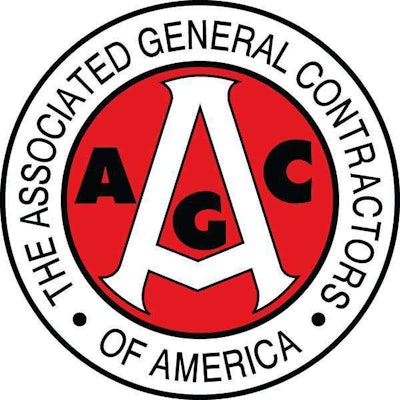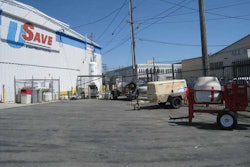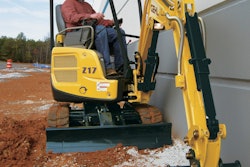
That would have been a costly miscalculation for construction employers, the AGC says. However, CARB heeded the AGC’s advice and made a series of changes to the proposed emissions measure that the AGC estimates could save construction employers $9 billion.
The initial miscalculation was one among several “significant errors” in the CARB emissions measure the AGC testified to discovering. During testimony to the U.S. Environmental Protection Agency, AGC lawyers outlined the changes to the measure and their potential impacts as the EPA decides whether or not to grant California’s request to begin enforcing the emissions standards starting Jan. 1, 2014.
“Once we pointed out their initial errors, California officials made a good faith effort to modify their proposal to protect both the environment and the construction industry,” said Mike Kennedy, the AGC’s general counsel. “While we are not prepared to support California’s request [for federal approval], we do believe the state’s request can be fairly submitted.”
Kennedy noted that as a result of the changes, California officials estimate the revised rule will cost 70 percent less than the original version, which was estimated at $13 billion. If the state’s estimate is accurate, then California’s contractors can expect to save as much as $9 billion, he added.
Among the several “major modifications” CARB officials made to the measure were CARB’s agreement to delay the rule by four years, dramatically reduce the amount of construction equipment they would require firms to replace each year, expand “early action” credits contractors could earn and expanded exemptions for “low-use” vehicles.
He cautioned that even with the significant changes, the measure still comes at a bad time for hard-hit construction employers. He cited evidence, for example, that contractor defaults will be higher in 2012 than in any of the previous three years.









